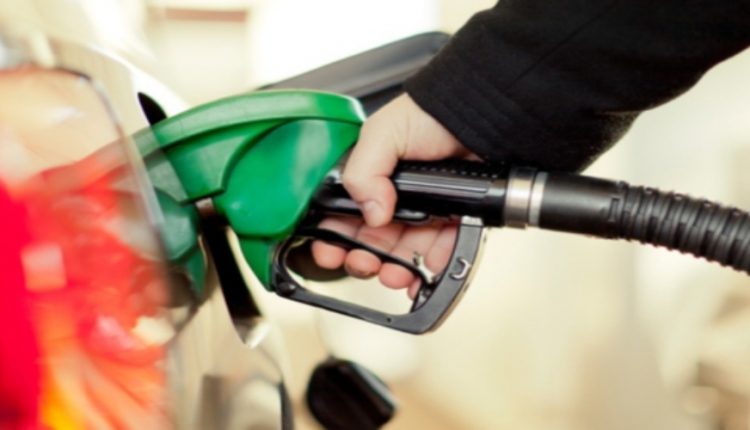After the last crude shock of Rs. 9.66 per liter, brace yourselves for another one. As per our sources, petrol prices are expected to increase by Rs. 7-8 per liter, reaching the new rate of Rs. 297.42 per liter from the previous price of Rs. 289.41 per liter.
Meanwhile, price of diesel may go up by Rs. 1-2/L taking it to Rs. 284.24/L per liter from the old rate of Rs. 282.24 per liter. In last revision, the government announced a relief for diesel users as its prices wad dropped by Rs. 3.32 per liter.
As per reports, the government hasn’t raised the petroleum levy or implemented GST, meaning this increase may occur independently of these measures. And after the government hike these taxes, the situation could escalate further, potentially breaking all prior records for petrol prices in the country.
Reason Behind the Move
The upcoming hike is primarily not attributed to the International Monetary Fund (IMF) recommendation to reintroduce an 18% general sales tax (GST) on petrol as a condition for the release of the final tranche of its bailout package.
Coming to the reason, years-long sustained currency devaluation and current hostile geopolitical situation in middle East, especially any signs of direct conflict between Iran and Israel are also affecting oil prices in international market.
GST & Petroleum Levy
There have been reports indicating that the government intends to raise the petroleum levy from Rs. 60 to Rs. 100. The Petroleum Development Levy has witnessed various adjustments in recent years, with a notable increase during the fiscal year 2023.
Initially set at Rs. 20 per liter in July 2022, the petroleum levy on petrol was subsequently raised to Rs. 50 per liter in November 2022, and further escalated to Rs. 60 per liter until September 2023.
Currently, the government is imposing a development levy of Rs. 60 per liter on both petrol and diesel, which stands as the maximum limit under the law. In determining these prices, the government takes into account factors such as the requirements of Pakistan State Oil, taxes, and global oil prices.


